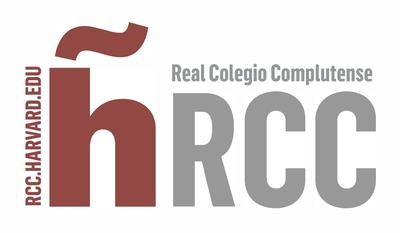Date:
Location:
In 2016, the Paris Climate Agreement limited the increase of the global average temperature to 1.5 °C. The governance architecture to make these goals a reality has been bottom-up, fragmented and poly-centric. Two years after Paris, the EU has reformed its climate and energy policies, adopted multiple targets, strengthened the emissions trading system (ETS), enlarged its portfolio of energy efficiency and renewable energy regulations and improved its monitoring and reporting requirements. The US and China have approached the climate issue very differently. While China has become more vocal and constructive in the global arena, the Trump administration has withdrawn from the non-binding Paris agreement. Why do the effects of the Paris Climate Agreement seem to be so different in the European Union than in China and the US? What new challenges do the actions (and non-actions) of the US and China create for the European Union?

Speakers: Jos Delbeke – Senior Adviser for Relations with the Florence European University Institute; Jørgen Wettestad – Visiting Scholar, SCANCOR-Weatherhead Partnership; Research Professor, The Fridtjof Nansen Institute; Elin Lerum Boasson – Visiting Scholar, SCANCOR-Weatherhead Partnership; Associate Professor, Department of Political Science, University of Oslo; Senior Researcher, CICERO Center for International Climate Research; Joe Aldy – Associate Professor of Public Policy, Harvard Kennedy School.
Chair: José Manuel Martinez Sierra – Jean Monnet ad Personam Professor in EU Law and Government, RCC, Harvard University & CES Local Affiliate, Harvard University.
Sponsors: RCC, EU Law and Government Study Group, Minda de Gunzburg Center for European Studies at Harvard University.
